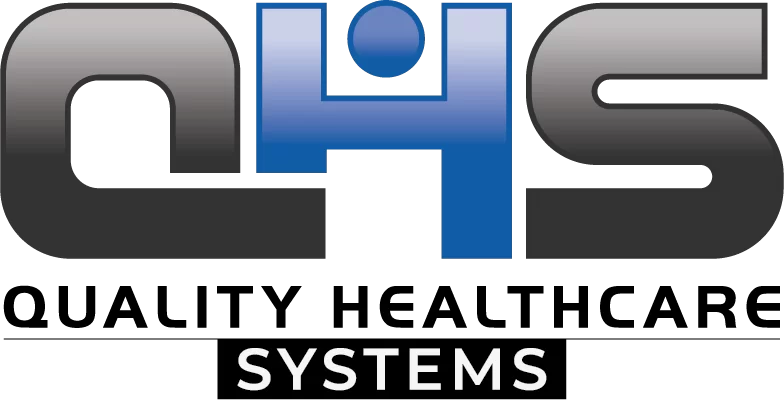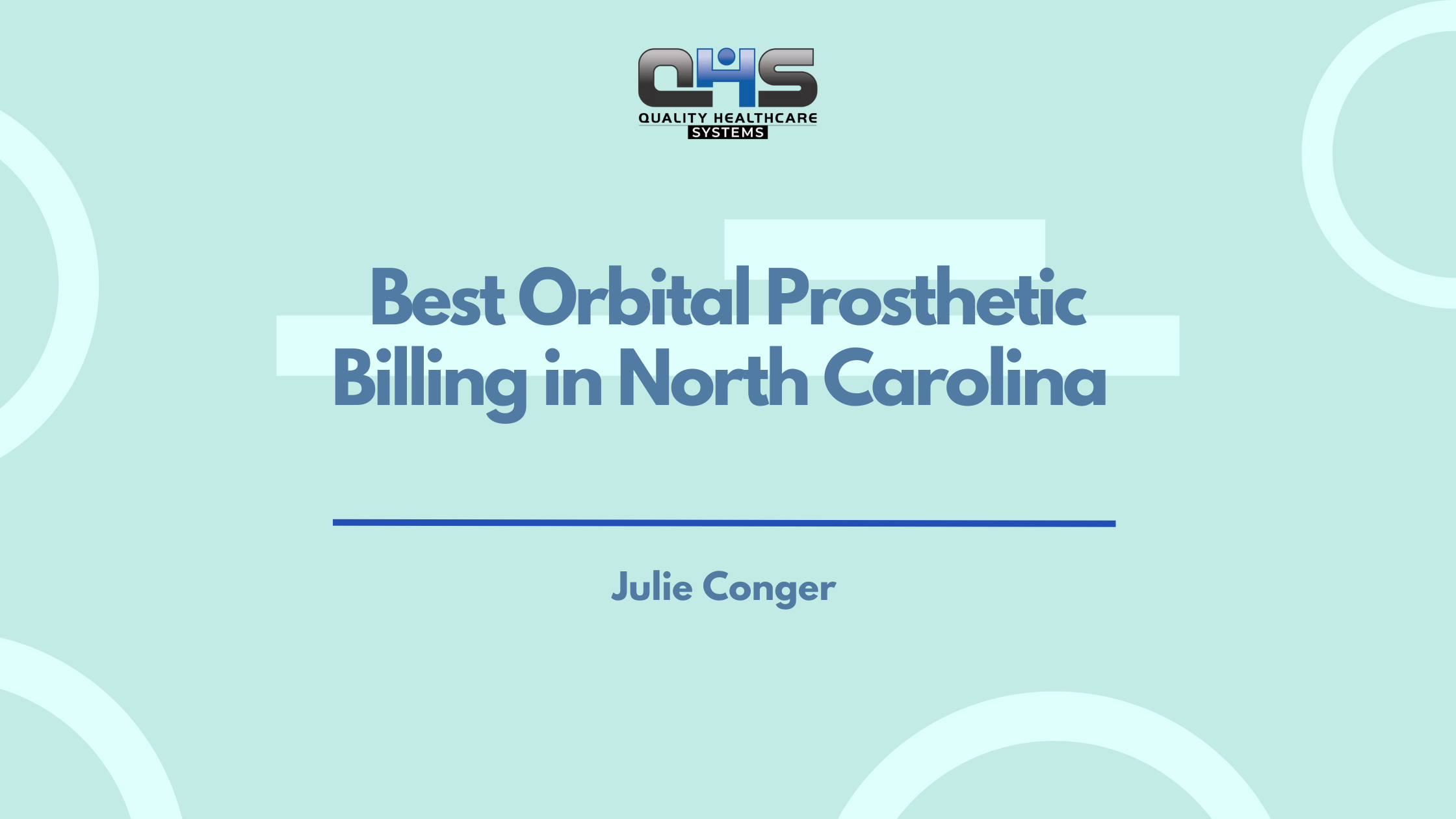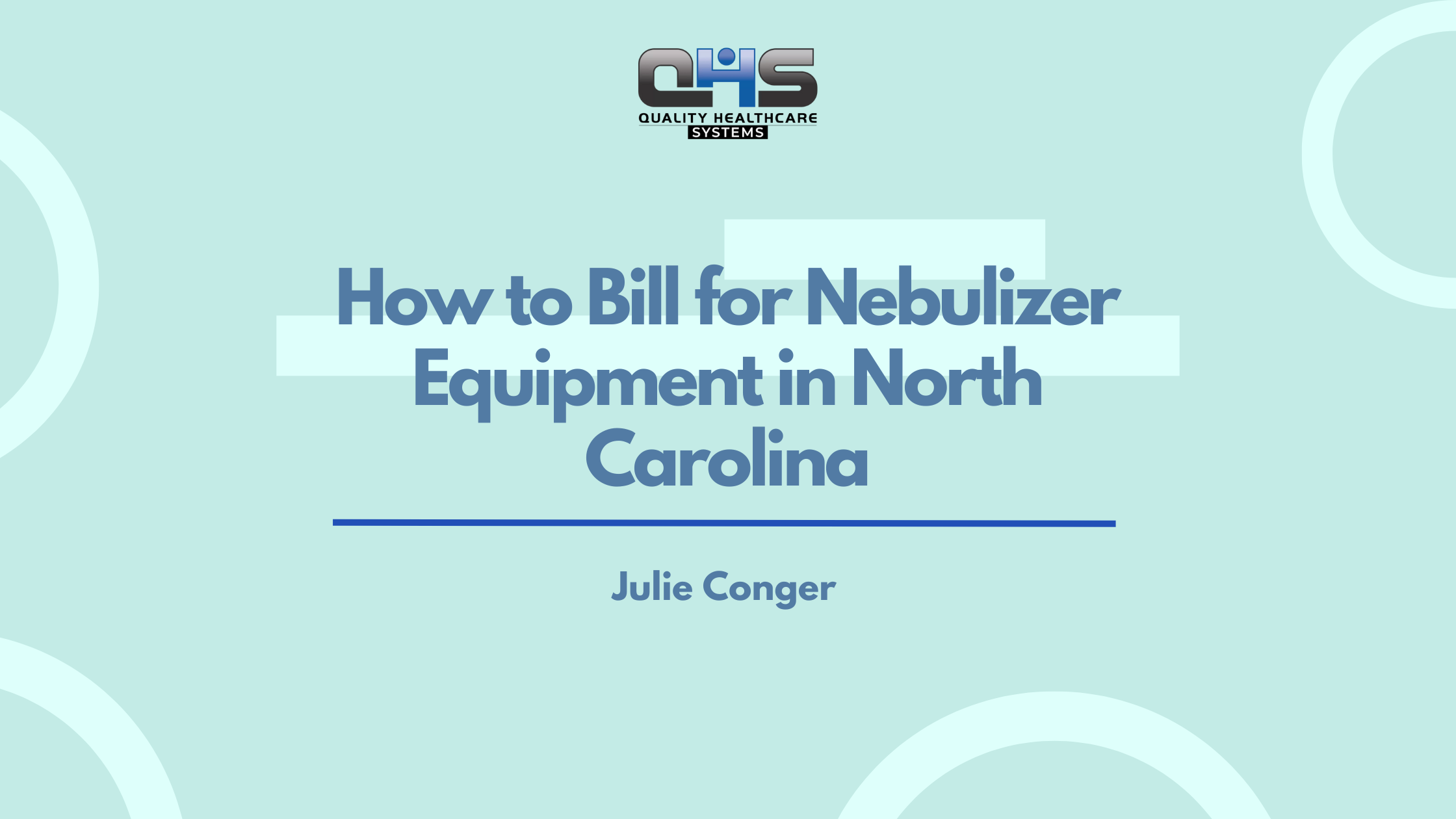Orbital prosthetics play a crucial role in restoring both function and appearance for patients who have lost an eye due to trauma, disease, or congenital conditions. In the United States, over 10,000 ocular and orbital prostheses are fitted annually, highlighting a consistent demand for specialized billing support in this niche.
Accurate and compliant billing is essential, not only to secure timely reimbursements but also to ensure that patients receive uninterrupted care.
In North Carolina, practices need billing partners well-versed in HCPCS Level II codes, Medicare LCDs, and insurance payer nuances to navigate the complex reimbursement landscape surrounding orbital prosthetic services.
What Makes an Orbital Prosthetic Billing Service the Best in North Carolina?
The best orbital prosthetic billing service in North Carolina ensures accurate coding (e.g., L8040–L8049), fast claim approvals, and compliance with Medicare and private payer guidelines. Expertise in prior authorizations, documentation, and DMEPOS requirements minimizes denials—maximizing revenue and enhancing patient care for ocularists and prosthetic providers statewide.
Who Needs Orbital Prosthetic Billing Services in North Carolina?
Orbital prosthetic billing services in North Carolina are essential for ocularists, prosthetic clinics, and specialty medical practices providing custom eye prostheses.
These professionals rely on expert billing support to navigate complex HCPCS coding, payer policies, and documentation requirements, ensuring accurate reimbursements and regulatory compliance across Medicare, Medicaid, and private insurance networks.
What Are Key CPT and HCPCS Codes for Orbital Prosthetic Billing?
| Code | Type | Description | Billing Notes |
| L8040 | HCPCS | Orbital prosthesis, prefabricated, plastic or resin | Used for non-custom, ready-made devices. Typically lower reimbursement. |
| L8041 | HCPCS | Orbital prosthesis, prefabricated, elastomeric | Elastomeric material; still prefabricated. May require additional documentation. |
| L8042 | HCPCS | Orbital prosthesis, molded to patient model, plastic or resin | Custom-fit to the patient’s socket; higher reimbursement tier. |
| L8043 | HCPCS | Orbital prosthesis, molded to patient model, elastomeric | Requires documentation of molding and fitting. |
| L8044 | HCPCS | Orbital prosthesis, custom fabricated, plastic or resin | Fully customized for patient anatomy; often requires justification of medical necessity. |
| L8045 | HCPCS | Orbital prosthesis, custom fabricated, elastomeric | Premium code; highest reimbursement, but needs comprehensive clinical documentation. |
| V2623 | HCPCS | Prosthetic eye, custom | Sometimes used interchangeably in mixed ocular/orbital claims. Verify with payer. |
| 99203–99215 | CPT | Office/outpatient visits | Use when linked with evaluation and fitting appointments; based on complexity/time. |
| A9270 | HCPCS | Non-covered item/service | Used when billing prosthetics not covered by payer; must include ABN if applicable. |
How Do Reimbursement Rates Work for Orbital Prosthetics in North Carolina?
Reimbursement rates for orbital prosthetics in North Carolina depend on the prosthesis type (e.g., prefabricated vs. custom), the payer, and HCPCS coding accuracy. Medicare assigns standard fee schedules, while Medicaid and commercial insurers may use negotiated rates. Custom prostheses (L8044–L8045) typically receive higher reimbursement due to complexity and fabrication cost.
Read: What is the ICD-10 Code for Osteoarthritis (OA)?
Claims must include precise documentation, ICD-10 linkage, and modifiers. Providers must verify coverage, obtain prior authorizations, and ensure clean claim submission. Reimbursement delays or denials often stem from insufficient documentation or code mismatches, so working with a specialized billing service improves payment timelines and compliance outcomes.
What Are the Most Common ICD‑10 Codes Used in Orbital Prosthetic Billing?
| ICD‑10 Code | Diagnosis Description | Use in Billing | Notes for Justification |
| Z44.01 | Encounter for fitting and adjustment of artificial eye | Primary code for orbital prosthetic billing | Must be linked with prosthesis HCPCS code (e.g., L8044) |
| H55.01 | Anophthalmos, congenital, right eye | Indicates absence of eye due to congenital reasons | Often paired with Z44.01 |
| H55.02 | Anophthalmos, congenital, left eye | — | Use laterality modifiers for documentation consistency |
| H55.03 | Anophthalmos, congenital, bilateral | — | Used when both eyes are affected; may require additional justification |
| S05.10XA | Unspecified injury of the eyeball and orbit, initial encounter | For trauma-related eye loss | Pair with surgical removal or prosthetic fitting codes |
| S04.02XA | Injury of optic nerve, left eye, initial encounter | Indicates traumatic injury resulting in eye removal | Often precedes prosthesis placement |
| Z90.01 | Acquired absence of eye | Post-enucleation, evisceration, or exenteration | Commonly used in long-term prosthesis care |
| C69.30 | Malignant neoplasm of unspecified orbit | Used when orbital tumor led to eye removal | Requires oncological documentation |
| Q11.1 | Congenital absence of eye | For patients born without one or both eyes | Distinct from acquired conditions |
| T85.398A | Mechanical complication of ocular prosthesis, initial encounter | For complications (e.g., misfit, pressure sores) | Use when billing adjustments, replacements, or repairs |
What Insurance Plans Typically Cover Orbital Prosthetic Services in North Carolina?
In North Carolina, orbital prosthetic services are typically covered by Medicare, Medicaid (NC Medicaid Direct and Managed Care plans), and major commercial insurers such as Blue Cross Blue Shield NC, Aetna, UnitedHealthcare, and Cigna. Coverage requires medical necessity documentation, accurate HCPCS codes (e.g., L8042–L8045), and may involve prior authorization for custom devices.
Medicare Part B covers medically necessary prostheses under DMEPOS rules. Medicaid requires strict compliance with state LCDs and prior approval. Commercial policies vary by employer group and plan tier, so providers must verify benefits and patient responsibility before service delivery to ensure proper reimbursement.
What Are the Common Denials in Orbital Prosthetic Billing and How Can They Be Avoided?
Common denials in orbital prosthetic billing include missing or incorrect HCPCS codes (e.g., L8044 used without medical necessity), lack of supporting documentation, invalid or expired prior authorizations, and diagnosis-procedure mismatches (e.g., using Z44.01 without linking to trauma or congenital codes like S05.10XA or Q11.1).
Other causes include proof of delivery issues and failing to apply correct modifiers (e.g., LT, RT, NU). To avoid these denials, ensure all claims are supported by detailed ocularist and physician documentation, accurate ICD-10 code linkage, and payer-specific compliance. Partnering with a prosthetic billing expert significantly reduces claim rejections and payment delays.
What Are the Documentation Requirements for Orbital Prosthetic Billing?
Here are the precise and detailed documentation requirements for orbital prosthetic billing, ensuring compliance with Medicare, Medicaid, and private payer guidelines:
1. Detailed Physician’s Order (DPO)
- Must include patient’s name, date, and prescribing provider’s full name and NPI.
- Specify the prosthetic type (e.g., “custom orbital prosthesis, L8044”).
- Include medical necessity explanation: trauma, congenital anomaly, enucleation, etc.
- Signed and dated by the referring physician prior to delivery of the device.
2. Prosthetist/Ocularist’s Clinical Notes
- Documentation of patient evaluation including orbital socket condition, fit challenges, and cosmetic/functional needs.
- Detailed description of the molding or fitting process.
- Justification for material type (e.g., elastomeric vs. resin).
- Proof of customization (photos, mold impressions, or CAD/CAM design records).
- Follow-up visit notes confirming patient adaptation and functionality.
3. Proof of Delivery (POD)
- Must include:
- Beneficiary’s name and delivery date.
- Item(s) delivered with full HCPCS code(s).
- Signature from the patient or their legal representative.
- For shipped items: use shipping tracking log with delivery confirmation and a copy of the packing slip.
4. Prior Authorization (When Required)
- Include the approved PA number in billing.
- Attach a copy of the approval letter from insurer.
- Maintain payer correspondence for audit readiness.
5. Manufacturer Invoice or Cost Statement (Optional but Helpful)
- Used for pricing validation, especially for custom prostheses (L8044–L8045).
- Some payers require acquisition cost details for custom DMEPOS.
6. ABN (Advance Beneficiary Notice of Non-Coverage) – If Applicable
- Must be issued when the item may be denied as not medically necessary.
- Signed and dated by the patient before service is rendered.
- Attach to the claim when billing with A9270 or modifier GA.
7. ICD-10 Code Linkage
- Use appropriate diagnosis codes (e.g., H55.01, S05.10XA, Z44.01) that justify the need for an orbital prosthesis.
- Ensure the code directly correlates with the medical necessity outlined in clinical notes.
How Can You Get Started with the Best Orbital Prosthetic Billing Service in North Carolina?
To streamline your billing and maximize reimbursements for orbital prosthetic services, partner with Quality Healthcare Systems (QHS)—North Carolina’s trusted prosthetic billing experts. QHS offers end-to-end support, from accurate HCPCS/ICD-10 coding to payer-specific claim management, prior authorizations, and audit-proof documentation practices.
Their team understands the nuances of custom orbital prosthesis billing and ensures compliance with Medicare, Medicaid, and commercial insurers. Getting started is simple: schedule a free consultation with QHS, share your current billing challenges, and let their experts tailor a compliant, revenue-driven solution for your practice. Choose QHS to reduce denials and focus on delivering exceptional patient care.
Frequently Asked Questions
What’s the difference between HCPCS codes L8040 and L8044?
L8040 covers prefabricated orbital prostheses, while L8044 is for custom-fabricated devices tailored to patient anatomy. L8044 requires clinical documentation and yields higher reimbursement. Accurate coding ensures compliance and faster claim approvals.
Does Medicare cover orbital prosthetic devices in North Carolina?
Yes, Medicare Part B covers orbital prostheses under DMEPOS if medically necessary. Proper documentation, diagnosis coding (e.g., Z44.01), and proof of fitting are required for approval and reimbursement.
Do commercial insurance plans require prior authorization?
Most commercial plans in North Carolina—like BCBS, Aetna, and UHC—require prior authorization for orbital prosthetics. Submitting clinical notes and diagnosis codes in advance helps avoid denials.
What documentation does the ocularist provide for billing?
Ocularists supply clinical notes detailing prosthetic evaluation, customization, and fitting. This documentation supports HCPCS code selection and medical necessity, essential for claim approval.
How can I reduce denials in orbital prosthetic billing?
Use correct HCPCS/ICD-10 codes, secure prior authorizations, verify insurance benefits, and submit detailed documentation. Partnering with a billing expert like Quality Healthcare Systems significantly reduces denials.






